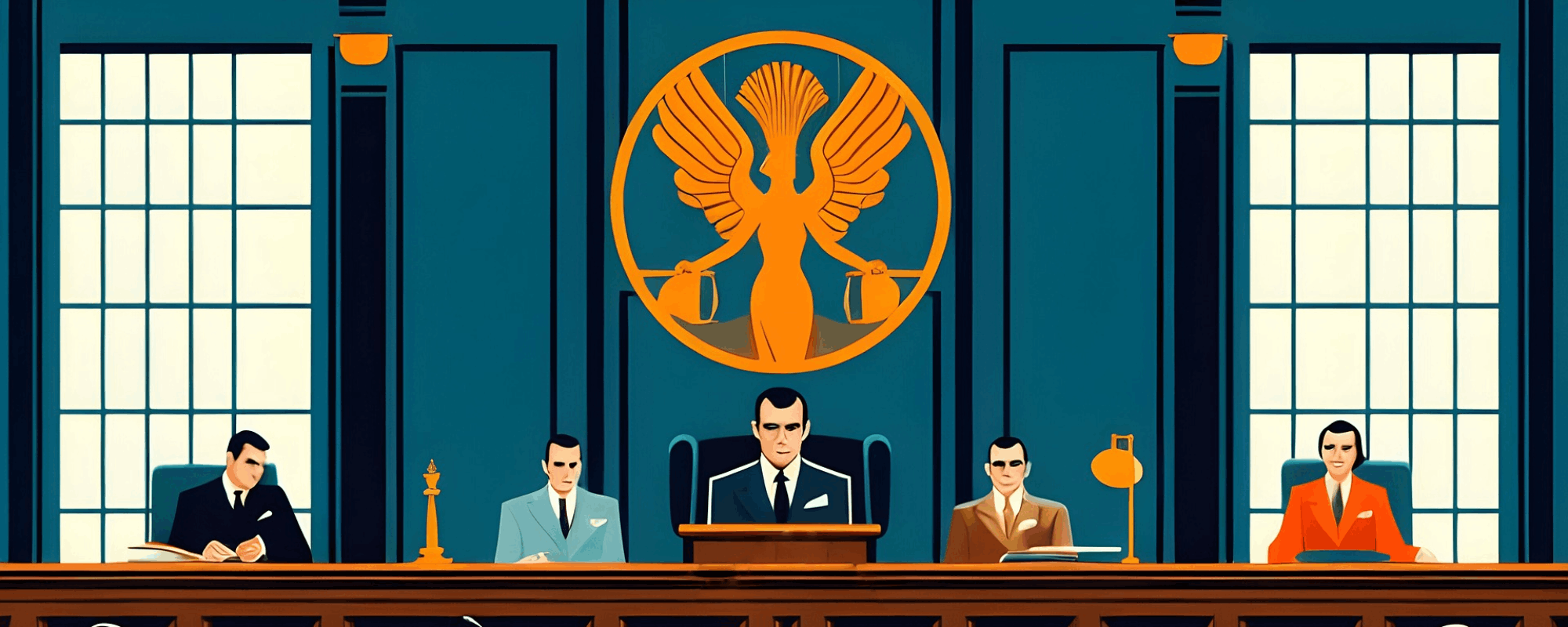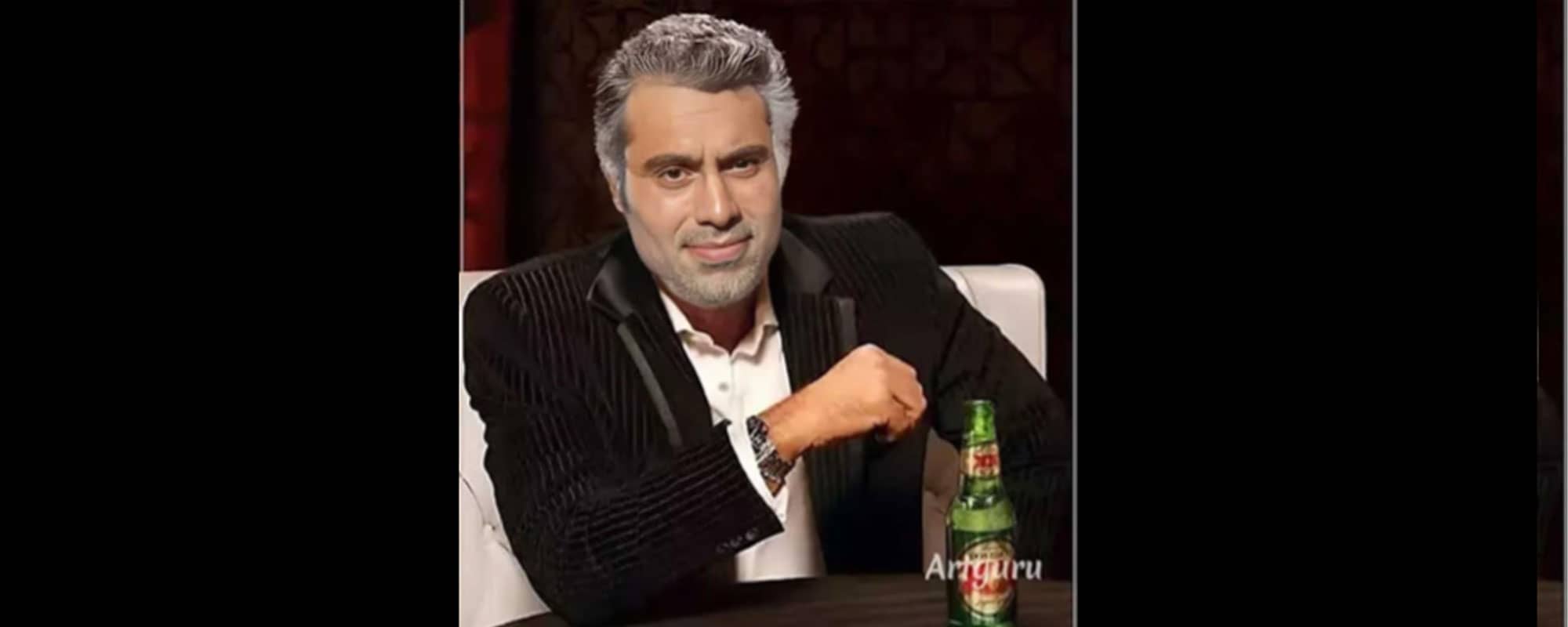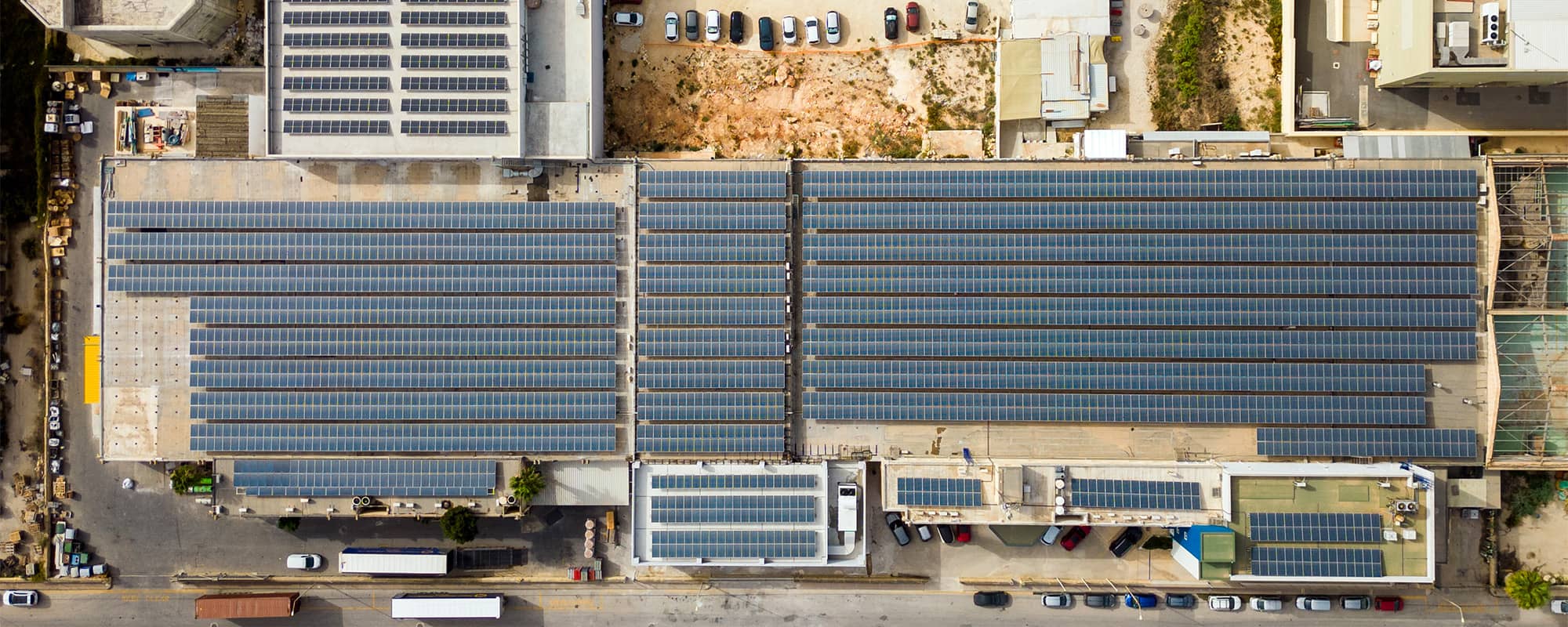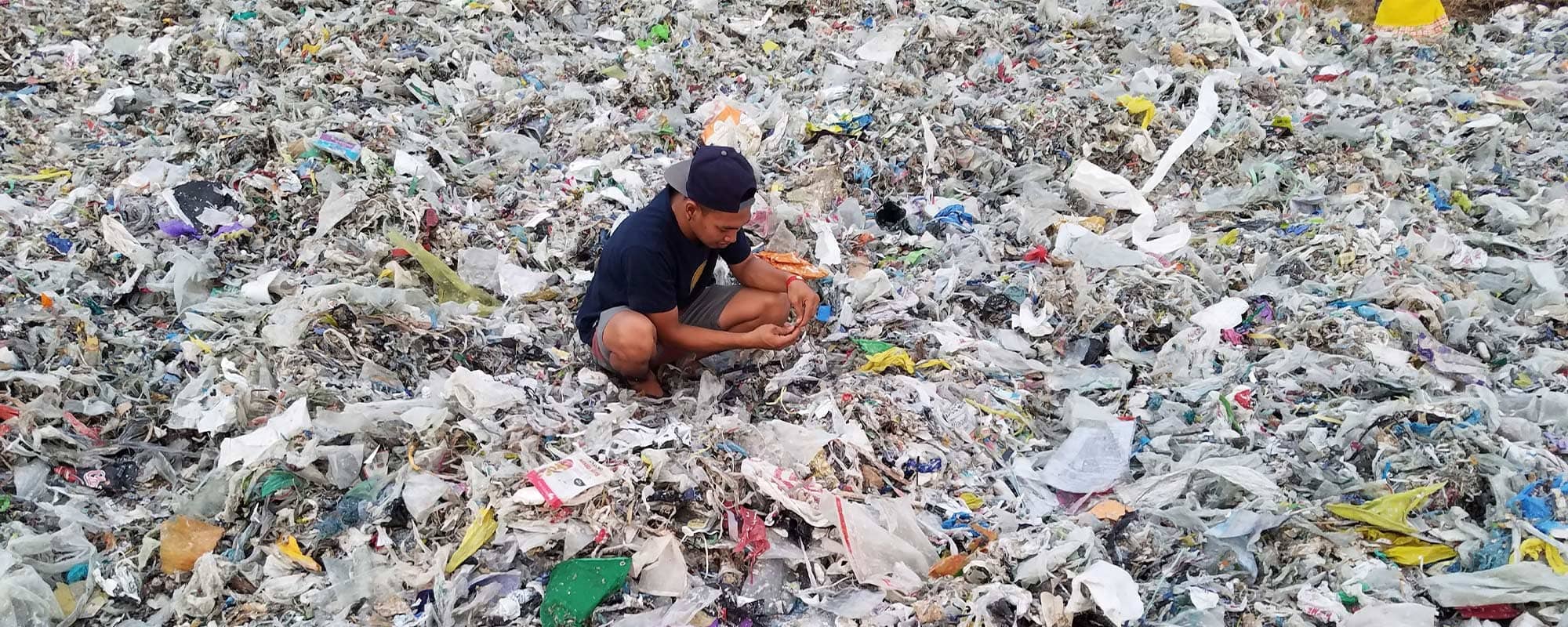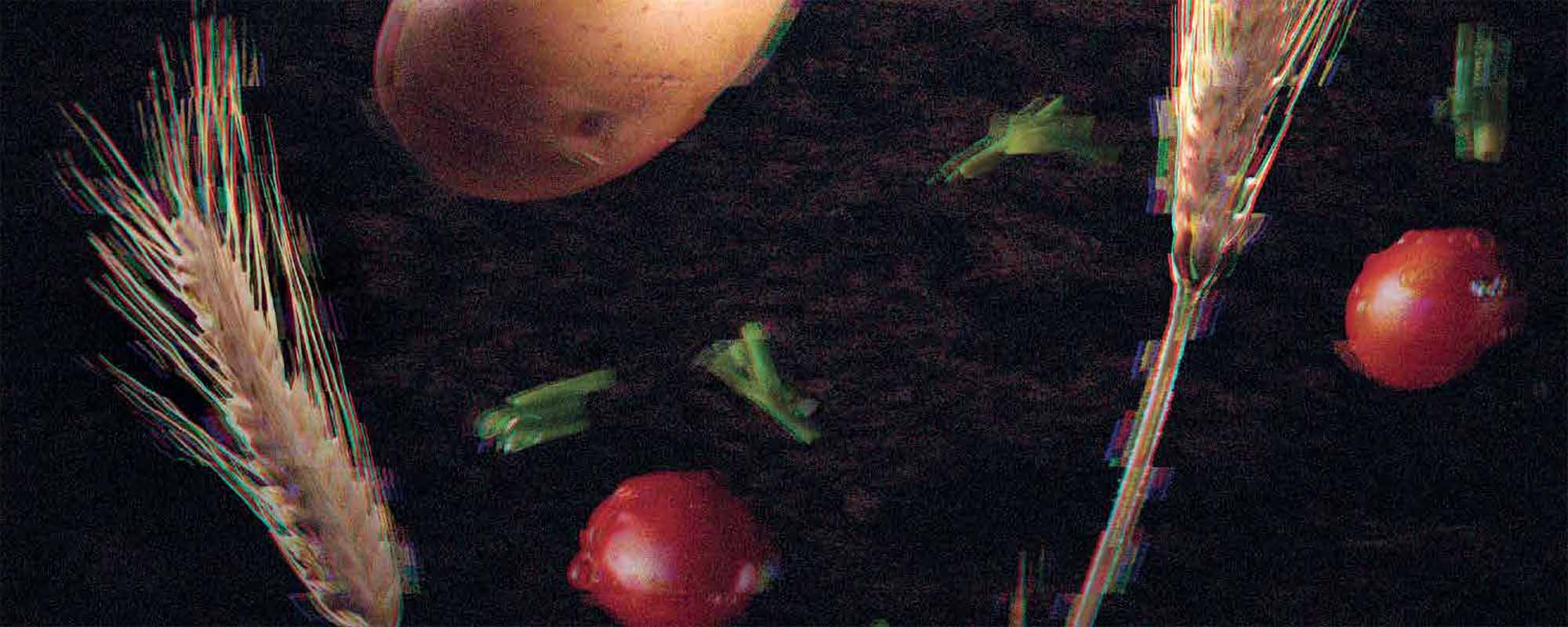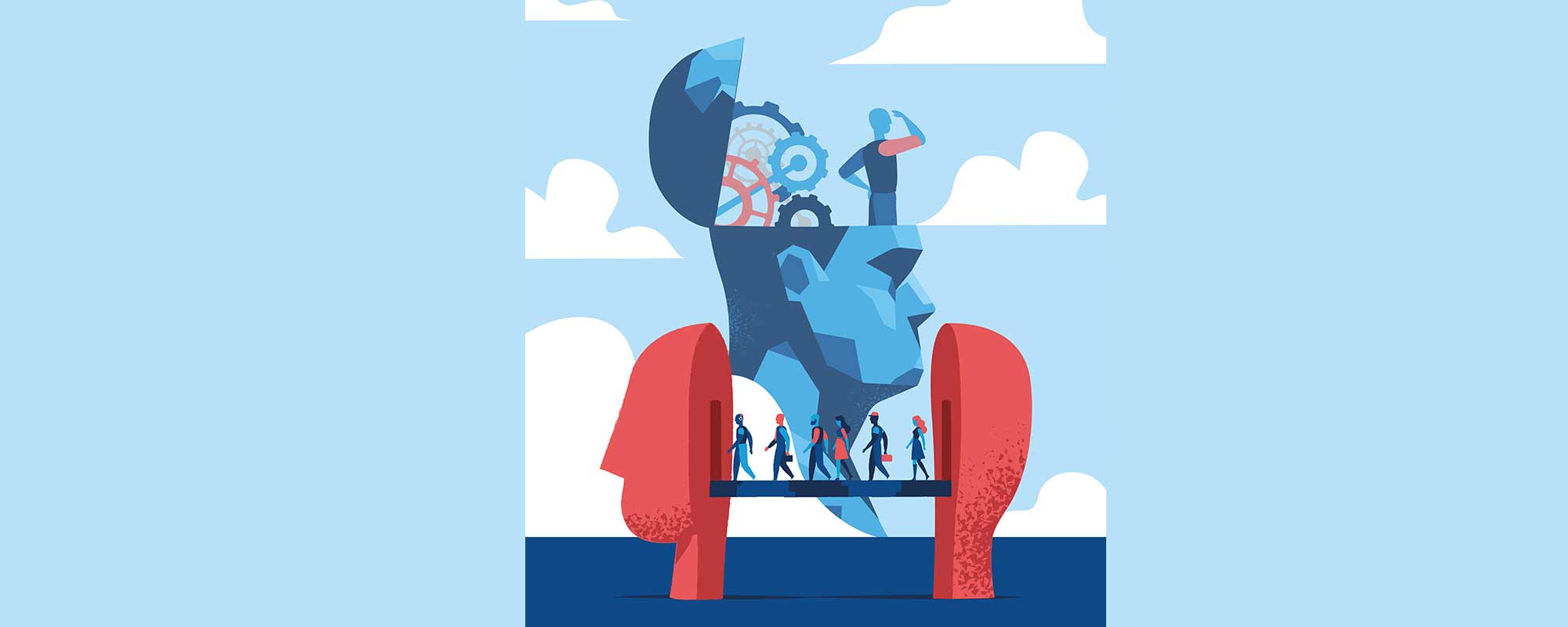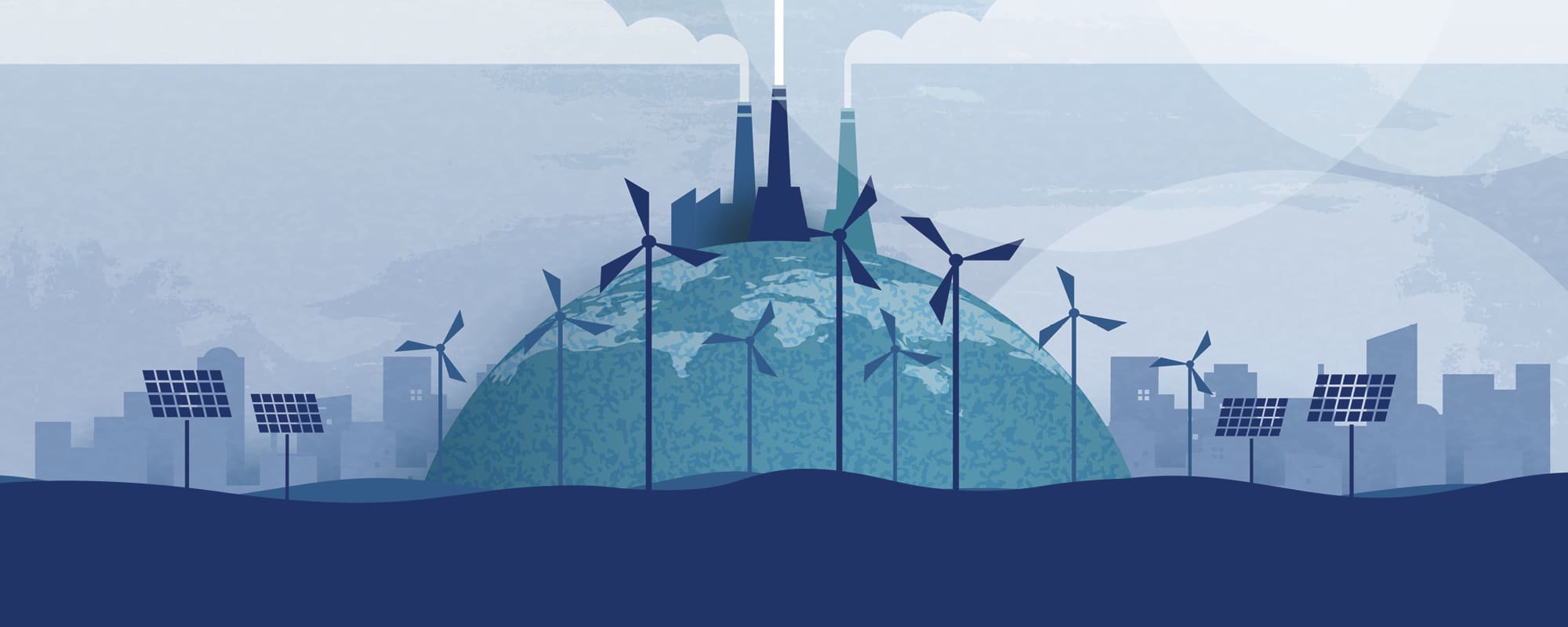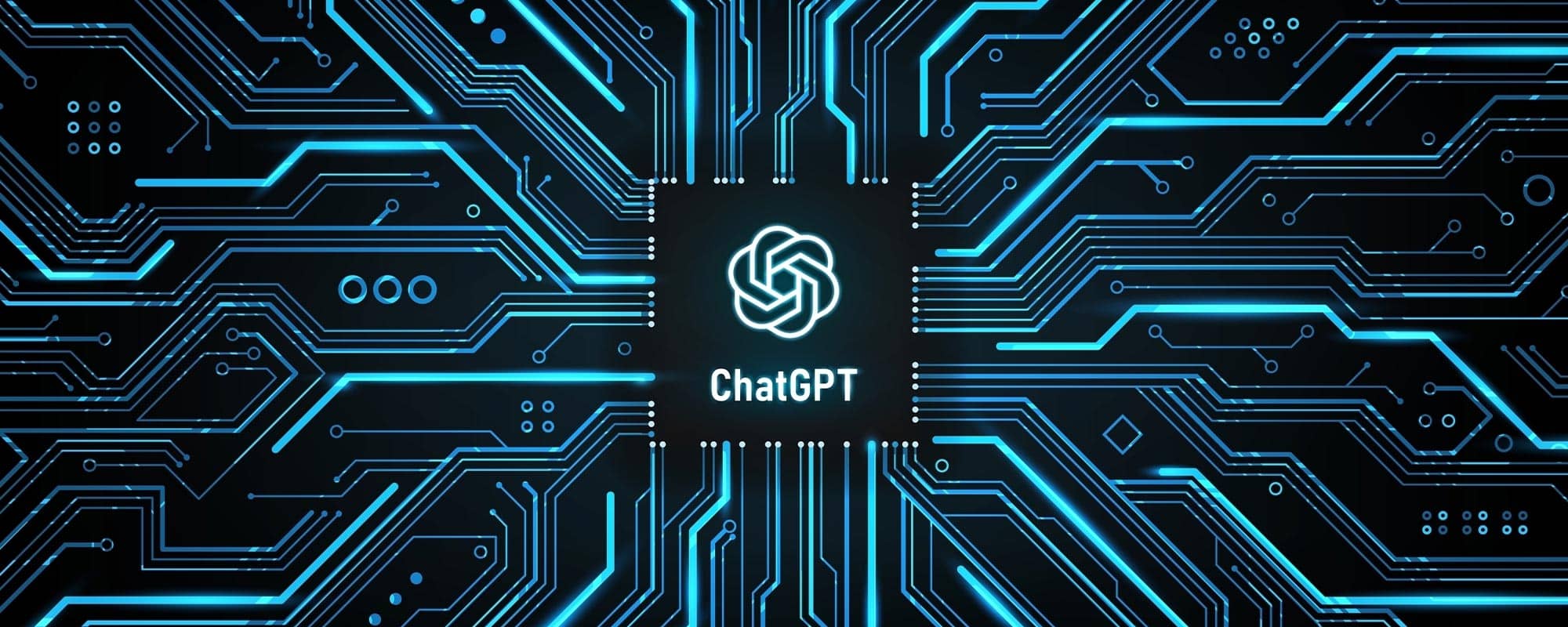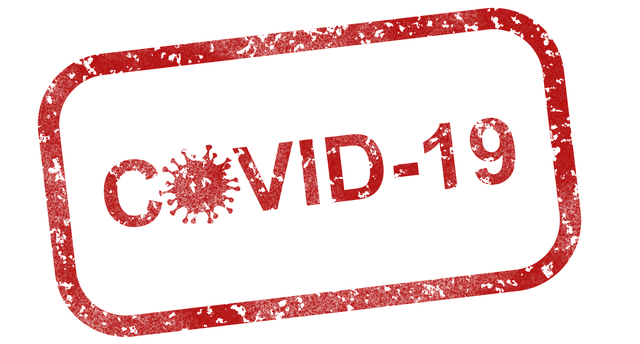The idea behind the AMPS project is to investigate the use of natural language processing and machine learning to predict the outcome of Maltese court cases, specifically those within the Small Claims Tribunal, which deals with claims of up to €5000. The objective is to provide a tool to help adjudicators decide cases more efficiently while respecting and integrating the ethical and safety concerns which inevitably arise. By aligning with best practices and guidelines, the project team intends not only to develop a tool for the courts but also to advance the use of the Maltese language in relation to Artificial Intelligence (AI).
Continue readingA Short History of Memes and Malta
I do not always talk about the history of memes, but when I do, I start right from the very beginning. Luckily, you’re getting this crash course in memeology straight from one of the very first moderators of Pastizziposting! It means you get to hear the inside scoop on the Maltese meme industry. Sit down, and let me tell you a story.
Continue readingSeifert Systems: A Blueprint for Carbon-Neutral Manufacturing
Seifert Systems is a German family business with over 50 years of experience in designing and manufacturing thermal management products. With its operation set up in Malta decades ago by Engineer Rolf Seifert, it has grown into the renowned business it is today, operating as a globally recognised company. Recently, Seifert made the news for Malta’s first Zero Carbon Footprint factory. In exploring Seifert’s journey to carbon neutrality (and in light of Europe and Malta’s ambitious net zero targets for 2050), the opportunity arises to set an example for other manufacturing companies to follow.
Continue readingThe Story of Plastic: Documentary Screening
Plastic can be found in increasing quantities atop the highest mountain peaks to the darkest depths of the ocean’s trenches. Its effects are pervasive, devastating natural ecosystems, and pose lethal threats to wildlife, while microplastics are even being found in unborn babies, with the consequences as of yet unclear. Over recent years, the predicament of plastic waste has intensified with a surge in usage and production. Since the turn of the millennium, global production of plastics has soared, reaching approximately 400 million metric tonnes annually by 2021.
Continue readingFood Security in Malta: Is it Possible?
It is unlikely that Malta can ever become self-sufficient when it comes to food. The next best thing for the island is to guarantee sustainable food security. THINK sits with 4 experts to see how this could be possible.
Continue readingBeyond Labels: Rethinking Identity Politics, Equity, and Democracy
In the struggle for increased social and economic rights, it is easy to make the mistake of failing to grasp nuances and different perspectives. Dr Michael Briguglio challenges some of the preconceived notions which persist in modern political discourse, particularly lumping together movements and groups which have important distinctions. In this interview, Briguglio makes the case for liberal democracy and answers key questions on issues of representation and identity.
Continue readingCan You Enhance That?
Cop shows have taught us that grainy photos of a crime scene usually contain clues to a killer in action. By zooming in or running a program, investigators are able to catch critical clues to help in their investigation. In reality, if one zooms in on a poor-quality image, one simply gets pixels. A team of researchers at the University of Malta (UM) are developing software which can enhance images to extract critical details and clues using artificial intelligence. Dr Ing. Christian Galea, one of the researchers in the Deep-FIR project, talks us through his journey.
Continue readingMust There Be Winners and Losers as We Go Green?
Climate change is a growing problem. The longer we go without making sacrifices, the greater the price that must ultimately be paid. The problem is made worse, however, because when it comes to phasing out fossil fuels, some people must automatically pay a higher price than others. So who would the winners and losers be if we suddenly drove forward to significantly lower emissions by 2030, as the European Union intends?
Continue readingLet’s Have a Chat about ChatGPT
ChatGPT has taken the world by storm since its launch in November 2022. It is a chatbot developed by OpenAI and built on the GPT-3 language model. What sets it apart from other AI chatbots is the sheer amount of data it has been trained on, allowing the quality of its responses to cause waves, leading to headlines such as ChatGPT passing key professional exams. It has also consequently caused concern in academia that it may be used to cheat at exams and assignments. We speak to two academics from the University of Malta, Dr Claudia Borg and Dr Konstantinos Makantasis, to see how academia should adapt. Are such advances a threat to be curbed or an opportunity to be exploited?
Continue readingThe first rule of Crowdfight: Collaborate
The first ever Crowdfight Symposium will be taking place on 15th June. The symposium will look at the incentives inherent in the academic system, such as authorship in publications, and how these motivate academics. Crowdfight seeks to address how these incentives might be improved to further promote collaboration.
Continue reading
